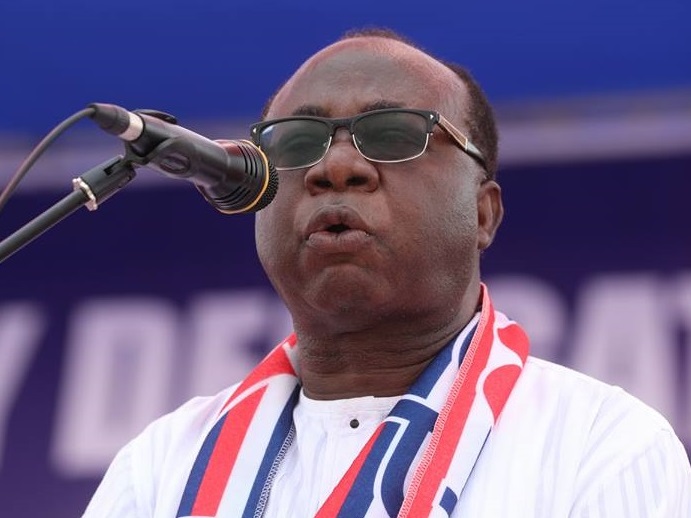Freddie Blay faces contempt charges in court over 275 buses case
The Chairman of the New Patriotic Party (NPP), Freddie Blay, is expected to face committal proceedings for contempt of court at an Accra High Court today [Friday].
The proceedings concern his failure to respond to several requests from the Commission on Human Rights and Administrative Justice (CHRAJ), to provide it with information about the 275 buses he donated to his party’s constituencies ahead of the NPP delegates conference in 2018.
According to the motion, on July 6, 2018, CHRAJ received a complaint from the Coalition of Social Justice, requesting the commission to investigate Mr. Blay for corruption in respect of his role in the purchase of the buses.
The letter showed that Mr. Blay, had received the motion but failed, refused and or neglected to oblige the commission with his comments as requested.
The claims first emerged in July 2018 when Mr. Blay was accused of vote-buying after he took delivery of 100 out of the 275 buses he procured for the constituency offices days to the party’s delegates conference where he was contesting to be the party chairman.
Mr. Blay facilitated the purchase of the minibuses with the backing of the party, and reportedly made a down payment of $3 million, which constitutes 30% of the total cost of 11.4 million dollars for the 275 cars.
He is said to have contracted a loan facility from Universal Merchant Bank (UMB) to procure the 275 buses.
Mr. Blay, after winning the elections, explained that the NPP was only putting in place measures to strengthen its campaigns.
He discounted claims that the procurement of the cars gave him an undue advantage in the elections.
The Special Prosecutor, Martin Amidu, also took an interest in the case.
Mr. Blay is a public officer as a Board Chairman of the Ghana National Petroleum Corporation (GNPC) and is also national officer of the governing party with influence, the Special Prosecutor office noted.
The office argued that he fell under the Criminal offenses Act (1960) Act 29, and needed to be questioned on his source of funding.



